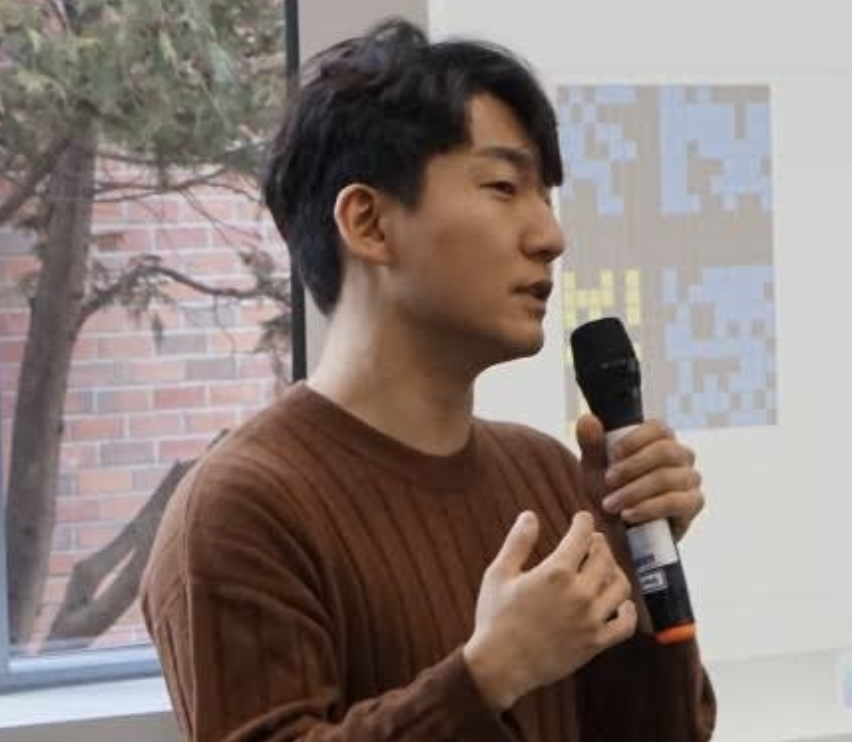Class Information
Back to the Data Engineering Course - 2024 Spring (AI5308)
==Under construction==
Course Outline
This lecture (AI5308) is designed for students who took “Machine Learning and Deep Learning” (AI5213/EC4213) or “Deep Learning” (AI5302). It will cover more advanced topics like representation learning, semi-supervised learning, few-shot learning, continual learning, transfer learning, active learning, meta learning, etc.
Prerequisite: Students are expected to have some backgrounds on machine learning/deep learning (equivalent to AI5213/AI5214/AI5302), and should be able to write non-trivial programs (in Python). Familiarity with at least one ML framework such as PyTorch, Tensorflow is a plus.
Staff
Meet our team, led by a professor and supported by three TAs, facilitating your learning experience.
Professor
- Communication: The course schedule and all resources (e.g. lecture slides, discussion worksheets) will be posted on the course website. All class discussions, announcements and other communication will take place via Ed Discussion. If you need to contact the course staff privately, please make a private question on Ed.
Useful Links
- Access the AI5308 Ed Discussion forum. If you haven’t already been added to the class, use this invitation link.
- Submit your assignments at the AI5308 Gradescope. The entry code is EJGBD4.
Textbook & References
Notes and reading assignments will be posted periodically on the course website.
- Books - PDF available at LMS and GIST library, Courtesy by O’Reilly
- Reference
Homework and Exams
Submit your assignments at the AI5308 Gradescope.
- HW 0 is due Sunday, Mar 3 at 11:59PM
- HW 1 is due Sunday, Mar 17 at 11:59PM
- HW 2 is due Sunday, Mar 31 at 11:59PM
- HW 3 is due Sunday, Apr 14 at 11:59PM
- HW 4 is due Sunday, May 5 at 11:59PM
- HW 5 is due Sunday, May 19 at 11:59PM
- HW 6 is due Sunday, Jun 3 at 11:59PM
Late Policy
The policy is simple: there are no slip dates. If assignments are late, they are increasingly penalized as follows: within 24 hours, you lose 10%; within 48 hours, you lose 20%; within 72 hours, you lose 40%. More than three days late, you can no longer hand-in the assignment. Note that the penalty scheme applies to project deadlines too.
Gradings
- Class Overview, Logistics and Grading: See this page
- Final Project: See this page
You will earn A if (but not only if) your score is at least 80 − ε, B if your score is at least 65 − ε, C if your score is at least 50 − ε, for some ε ≥ 0 to be determined later.
- Six homework (60%, 10% each)
- Project: Your own research (40%)
Collaboration Policy & Honor Code
Study groups are allowed. It is also OK to get clarification (but not solutions) from books or online resources, again after you have thought about the problems on your own. However, we expect students to understand and complete their own assignments. Each student must write down the solution independently and hand in one assignment per student, which means you write your solution after closing the book and all your notes, without helped by your colleagues. If you studied together as a group, please cite your collaborators fully and completely at the top of your assignment (e.g., “Junho explained to me what is asked in Question 2.1”). When in doubt about collaboration details, please ask us on Ed discussion.
If elements of two assignments are determined to be clearly very similar, we believe that they were done together or one was copied from the other), then the course grade for all students involved in the incident will be reduced by one letter grade for the first offense, and to an F for the second offense. (All means both the copy-ers and the copy-ees). The grade for that assignment will also be reduced to 0. More serious cases of cheating (e.g., cheating on exams) will lead to severe consequences ranging from a grade of “F” on the class to suspension from the University.
